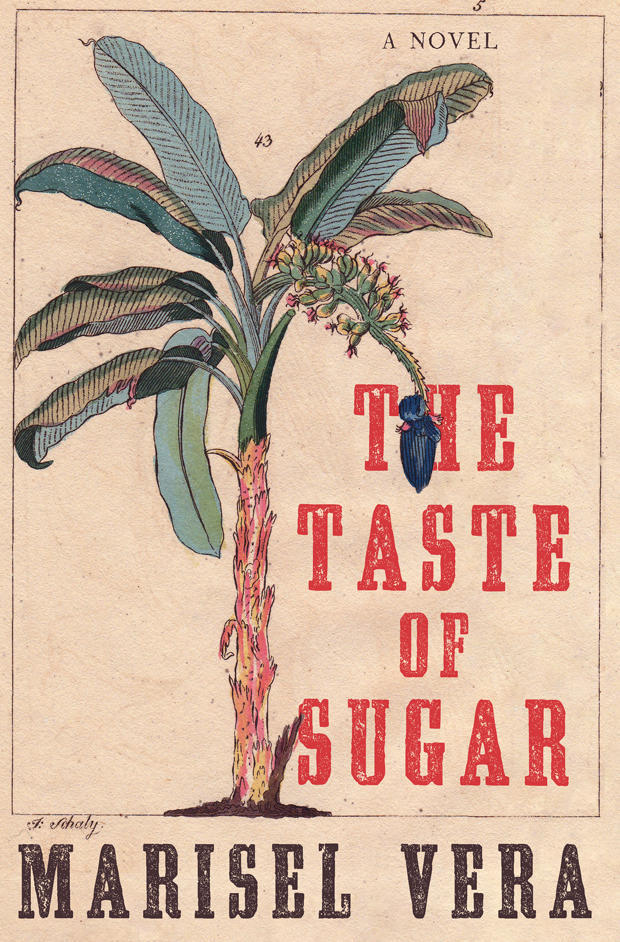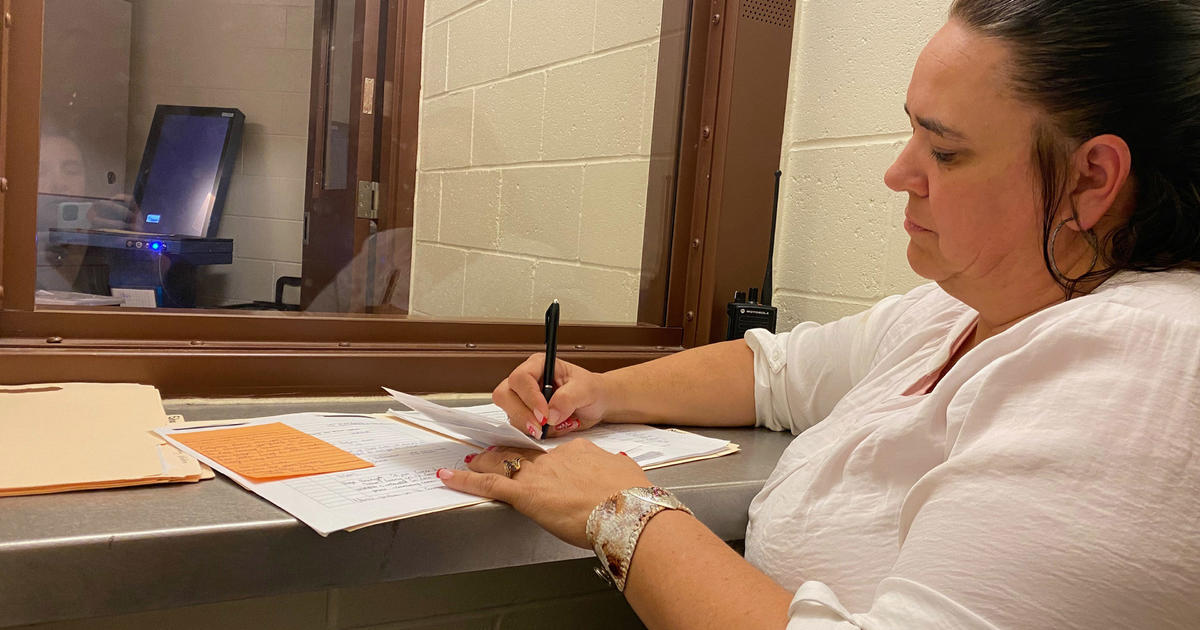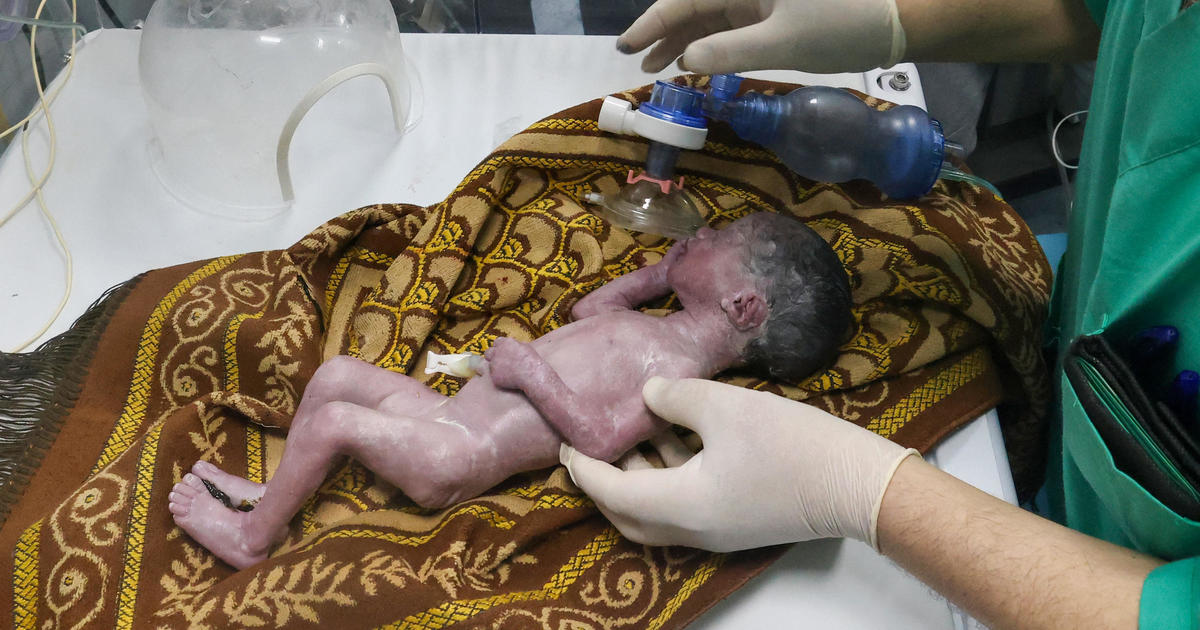Book excerpt: "The Taste of Sugar" by Marisel Vera
In "The Taste of Sugar" (Flatiron), novelist Marisel Vera (author of "If I Bring You Roses") has written a story of a small coffee farm in late 19th century Puerto Rico, an island hard-hit by war, natural disaster and social upheaval, and how the promise of a better life draws the farm's owners, and thousands of laborers, to the sugar plantations of Hawaii.
Read an excerpt below:
Prologue
Once Upon a Time on the Island of Puerto Rico
In 1825, on the journey to Utuado to buy land, Vicente's grandfather, Don Luis Manuel Vega, saw what he thought were piles of rubbish along the side of the road. But as his carriage drew nearer, the rubbish became rows of people— men, women, and children— passed out in a faint. When he stopped for supplies with his black slave Benedicto, Luis Manuel Vega learned that these poor souls were among los hambrientos, the starving, who had left the villages and countryside for the city of Ponce to beg for bread. Luis Manuel Vega felt sorry for the hungry people, but quickly turned his attention to the variety of goods at the market; it seemed everything was sold en la plaza, including black slaves punished for rebellion or disobedience with iron collars shackled around their necks. When his master's back was turned, Benedicto and the other enslaved men nodded to each other. As they continued their journey, Luis Manuel Vega thought it prudent to remind Benedicto of how fortunate he was to have a kind master who would never think of putting him in manacles.
Luis Manuel Vega, father of Raúl Vega, grandfather of Vicente, had little knowledge of the reality of coffee farming. As a former merchant, he had been drawn to his new vocation by his coffee addiction and what he imagined would be an easy life such as that of a hacendado he had once known. The man had owned a large coffee hacienda and had spent his life in idleness because he had many slaves. But Luis Manuel Vega had only the young Benedicto, whom he had bought from a hacendado with a coffee plantation in Peñuelas. Benedicto turned out to be a good investment for Vicente's grandfather because he knew how to prepare virgin land for planting shade trees like the banana and guava trees necessary to protect the coffee bushes. (Luis Manuel Vega supervised while Benedicto and some peones cleared the grass and weeds with machetes.) He taught Luis Manuel Vega, and later his son Raúl, who would become Vicente's father, everything he knew about growing coffee: like how to drop the seeds in holes deep as a man's hand, seeds that would take five years to bear good fruit. (Luis Manuel Vega was too cheap to buy the coffee shrubs that would flower within months, and his son Raúl too poor.)
Benedicto didn't know that while many workers would be needed during la cosecha de café— the laborious coffee-cherry picking harvest— few workers in those early years were to be found among the meager population of Utuado. He didn't know about the heavy expense of hiring oxen and experienced oxen drivers to transport coffee berries to the merchants from a mountainous region with poor or nonexistent roads. He didn't know that during the rainy season, teams of oxen got stuck in the muddy trails. He didn't know about the bandits who robbed and even killed the oxen drivers. Worse, Benedicto didn't understand the complex system of coffee financing— the never-ending borrowing to meet expenses and subsequent mortgaging of the land, or the fact that the coffee market was at the mercy of foreign manipulation of coffee prices and import/export duties.
On his eightieth birthday, years after Benedicto had died from overwork, as Luis Manuel Vega drank a cup of café negro made from his own coffee beans, his heart ceased to beat and his son Raúl Vega found himself owner of a coffee plantation that belonged more to the island's Spanish businessmen than to him. But even with the labor of his two sons, Vicente and Luisito, Raúl Vega was forced to sell all the land except for a hundred cuerdas, which he proceeded to mortgage as necessary. As the years passed, when the coffee harvests were good and prices high, Vicente's father paid off his debts, and when the harvests weren't as good and coffee prices sank, he went to the merchants for credit. Such was the life of a small coffee farmer.
Excerpted from "The Taste of Sugar: A Novel." Copyright © 2020 by Marisel Vera. Used with permission of the publisher, Liveright Publishing Corporation, a division of W.W. Norton & Company, Inc. All rights reserved.
For more info:
- "The Taste of Sugar: A Novel" by Marisel Vera (Liveright), in Hardcover and eBook formats, available via Amazon





